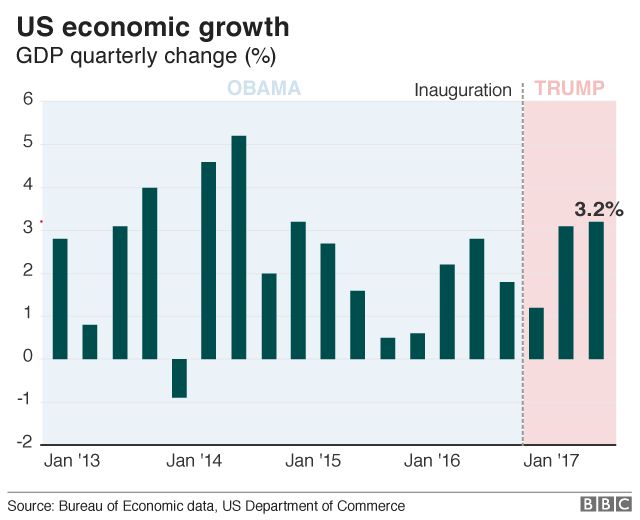The Impact Of Reduced Consumer Spending On Credit Card Companies

Table of Contents
Decreased Transaction Volume and Revenue
Reduced consumer spending directly translates to fewer transactions processed by credit card companies. This fundamental shift has significant repercussions on their revenue streams. Less spending means:
- Lower interchange fees earned per transaction: Interchange fees are the fees merchants pay to credit card networks for processing transactions. Fewer transactions directly reduce the revenue generated from these fees.
- Reduced interest income from smaller credit balances: Credit card companies earn substantial revenue from interest charged on outstanding balances. With less spending, consumers are likely to carry smaller balances, leading to a decline in interest income. This is especially true for revolving credit, which relies on high interest rates to generate profit.
- Impact on merchant fees (if applicable): Some credit card companies charge merchants additional fees based on transaction volume. Reduced consumer spending leads to fewer transactions for merchants, potentially impacting these fee structures.
- Potential for revenue shortfalls and decreased profitability: The combined effect of lower interchange fees, reduced interest income, and potentially lower merchant fees can result in significant revenue shortfalls and diminished profitability for credit card companies. This is especially true for smaller issuers who may have less financial resilience. Large banks, with diversified revenue streams, may be better positioned to weather the storm.
Increased Credit Risk and Delinquency Rates
Reduced consumer spending often indicates increased financial strain on households. This directly impacts the creditworthiness of cardholders, leading to:
- Higher likelihood of missed payments and defaults: As consumers struggle to meet their financial obligations, the probability of missed credit card payments and eventual defaults rises sharply. This is a key concern for managing credit risk.
- Increased loan losses for credit card companies: Defaults translate directly into loan losses for credit card companies, impacting their bottom line. This necessitates rigorous risk management practices.
- Need for stricter credit underwriting and risk management strategies: Credit card companies are forced to adopt more stringent credit underwriting processes and implement more robust risk management strategies to mitigate potential losses. This may involve tighter approval criteria and increased scrutiny of applicant credit histories.
- Potential increase in charge-off rates: Charge-off rates, which represent the percentage of outstanding credit card debt deemed uncollectible, are likely to increase in response to higher delinquency rates. This further erodes the profitability of credit card companies. The impact on the credit card companies’ financial stability is significant; increased loan losses can severely strain their capital reserves and overall financial health.
Strategies Employed by Credit Card Companies to Mitigate the Impact
To counteract the negative effects of reduced consumer spending, credit card companies are employing various strategies:
- Offering lower interest rates or promotional deals to attract customers: Incentivizing consumers with attractive interest rates and promotional offers can stimulate spending and increase transaction volumes. However, this can decrease profitability if not carefully managed.
- Implementing stricter lending criteria to reduce risk: By tightening lending standards, credit card companies aim to reduce the number of high-risk borrowers, thereby minimizing potential loan losses. This can lead to reduced customer acquisition, however.
- Investing in fraud prevention and security measures to minimize losses: Robust fraud prevention systems are crucial to minimize losses from fraudulent transactions, ensuring revenue security during times of economic uncertainty.
- Exploring new revenue streams and diversifying their business models: Some credit card companies are diversifying their offerings by exploring new revenue streams, such as offering bundled financial products or expanding into related financial services. This can help offset losses from reduced consumer spending. The effectiveness of these strategies varies, and some, such as aggressively lowering interest rates, can impact profitability.
The Long-Term Implications for the Credit Card Industry
Sustained reduced consumer spending could have profound long-term consequences for the credit card industry:
- Industry consolidation and mergers: Facing economic headwinds, weaker credit card companies might be forced to merge with or be acquired by larger players, leading to industry consolidation.
- Changes in consumer behavior and payment preferences: Consumers might shift towards using debit cards or digital wallets, reducing reliance on credit cards. This necessitates adaptation to changing payment preferences.
- Potential regulatory changes impacting the credit card industry: Governments may introduce regulatory changes to protect consumers and ensure the stability of the financial system. This could affect credit card companies' operations.
- Long-term impact on credit availability for consumers: Stricter lending standards and increased risk aversion could limit credit availability for consumers, potentially hindering economic growth. This could create a vicious cycle of reduced spending and tighter credit policies.
Conclusion:
Reduced consumer spending significantly impacts credit card companies, leading to decreased transaction volumes, revenue shortfalls, increased credit risk, and higher delinquency rates. Credit card companies are responding with various mitigation strategies, but the long-term implications remain substantial, potentially leading to industry consolidation and changes in consumer behavior. Understanding the impact of reduced consumer spending is crucial for both credit card companies and consumers alike. By analyzing these trends and adapting strategies accordingly, the credit card industry can navigate the challenges and ensure long-term stability. Stay informed about the latest developments regarding reduced consumer spending and its effect on the financial landscape.

Featured Posts
-
 Broadcoms V Mware Deal A 1 050 Price Hike Sparks Outcry From At And T
Apr 24, 2025
Broadcoms V Mware Deal A 1 050 Price Hike Sparks Outcry From At And T
Apr 24, 2025 -
 Rocket Launch Abort Blue Origins Subsystem Problem Halts Mission
Apr 24, 2025
Rocket Launch Abort Blue Origins Subsystem Problem Halts Mission
Apr 24, 2025 -
 The Bold And The Beautiful April 3rd Recap Liams Health Crisis Following A Fight With Bill
Apr 24, 2025
The Bold And The Beautiful April 3rd Recap Liams Health Crisis Following A Fight With Bill
Apr 24, 2025 -
 The Danger Of Skipping Mammograms Learning From Tina Knowles Breast Cancer Journey
Apr 24, 2025
The Danger Of Skipping Mammograms Learning From Tina Knowles Breast Cancer Journey
Apr 24, 2025 -
 Usd Rally Market Reaction To Trumps Changing Approach To Federal Reserve Policy
Apr 24, 2025
Usd Rally Market Reaction To Trumps Changing Approach To Federal Reserve Policy
Apr 24, 2025
